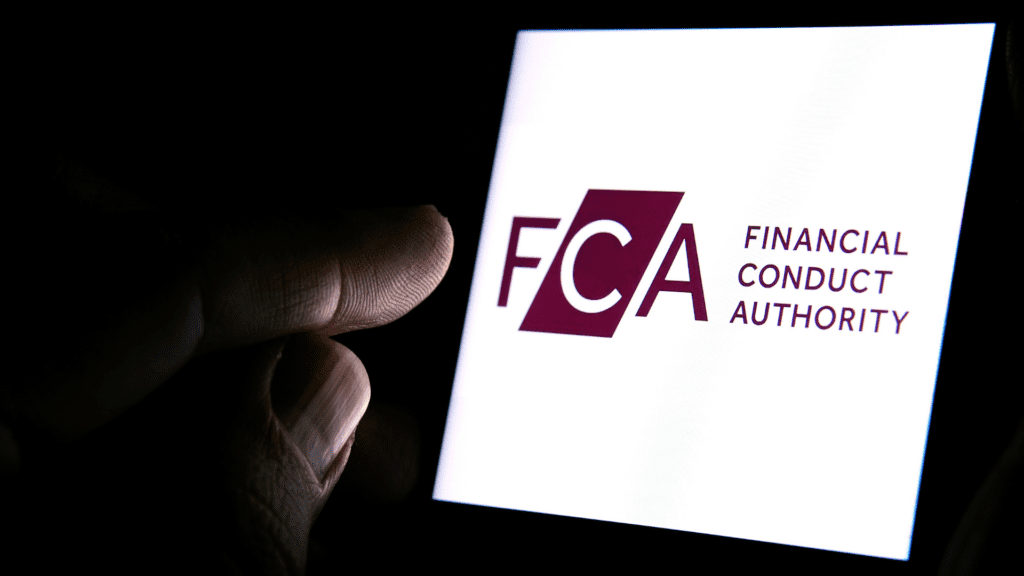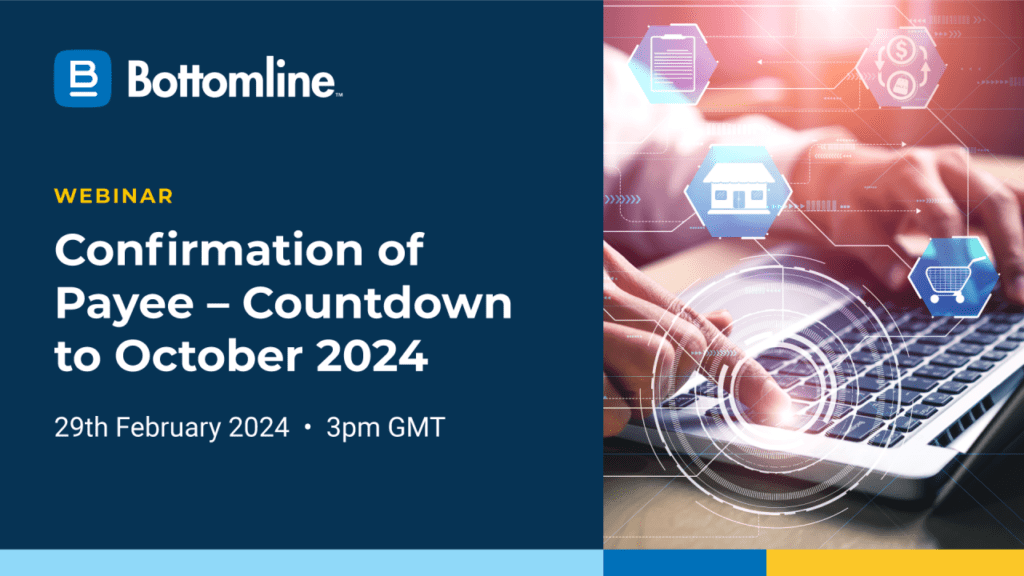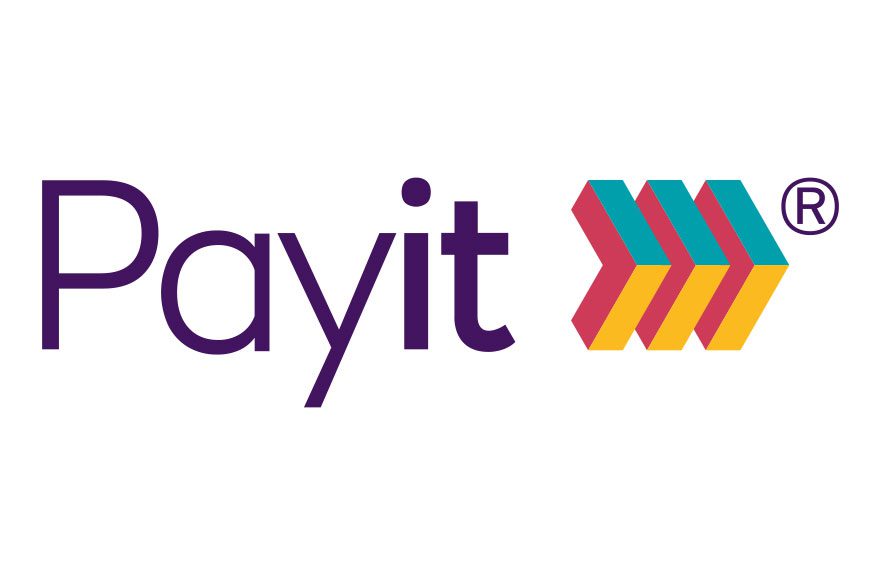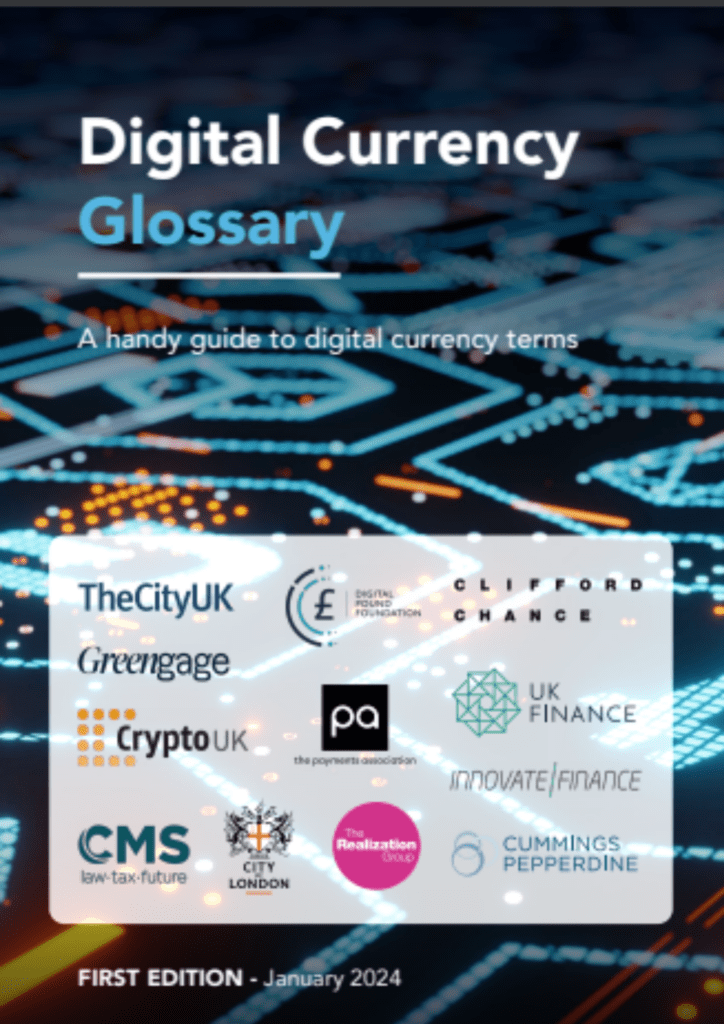
Security And Market Adoption Of Open Banking
There have been lots of discussions recently surrounding open banking. It’s bringing innovation to the financial world by opening up access to bank accounts. Yet,

There have been lots of discussions recently surrounding open banking. It’s bringing innovation to the financial world by opening up access to bank accounts. Yet,

In recent years, the global financial landscape has undergone a notable transformation, characterised by a discernible decline in correspondent banking relationships. Several different factors highlight

Recent findings by PwC reveal that in the past two years, over half of all businesses have faced incidents of fraud, corruption, and other economic

Payment compliance and risk management is expensive and time-consuming due to its multifaceted and idiosyncratic nature. There is no one-size-fits-all solution. The state of risk

Financial inclusion, as defined by the World Bank, is crucial for economic development and social progress, ensuring equal access to financial products and services tailored to the needs of both individuals and businesses. The United Nations emphasises financial inclusion as a crucial driver of economic and social development, evident in its inclusion as component eight of the 17 Sustainable Development Goals for 2030.

In an increasingly interconnected world, global commerce has become the lifeblood of the modern economy. Businesses of all sizes are expanding their reach beyond borders, opening up new opportunities and markets. However, the traditional financial systems have often lagged behind the speed and efficiency demanded by the globalised marketplace. Enter cross-border real-time payments—a concept that is reshaping international trade by breaking down barriers and providing a boost to global commerce.

In the first half of 2023, UK Finance reported authorised push payment (APP) fraud losses amounting to £293.3 million, with the total number of APP cases increasing by 22%. The nature of authorised push payment (APP) fraud was harrowing – victims were willingly initiating and authorising payments into controlled accounts, often driven by criminal manipulation or misinformation.

Trust Payments’ CEO Daniel Holden sat down with the Payments Association’s reporter George Iddenden to discuss the benefits of converged commerce and how businesses are leveraging unified technology to streamline transactions and enhance customer satisfaction.

2023 research by American Express reveals that late payments are a significant challenge for UK finance professionals, driving a shift towards digitizing B2B payments to improve efficiency and cash flow.

Since 2019, the UK’s banking sector has been refunding customers who become victims of authorised push payment (APP) scams, causing heated debate among industry professionals who believe the responsibility should lie elsewhere.
This year, rules laid out by the Payment Systems Regulator (PSR) in 2023 will come into force. The rules stipulate that both the sending and receiving firms should hold equal liability when reimbursing fraud victims in most cases. The rules have received widespread criticism from insiders and industry bodies alike. UK Finance has hit out at the PSR’s rules, which avoid the mention of Big Tech in the conversation.

HSBC’s January launch of Zing, an e-money institution and standalone money transfer app, is something of a strategic departure for the global banking behemoth for a number of reasons.
What it may imply for the bank strategically and what it signals for the future of international money transfers, fees, and product development are all valid questions. The true motivations behind the launch are likely more nuanced than may seem likely at first glance or that the bank may have you believe.

In 2021, the Financial Conduct Authority (FCA) Business Plan made clear its intent to apply a more intensive assessment with greater scrutiny of financial information and business models. This is being particularly felt in the payments space.

There is an increasing need for enhanced data sharing in the payments industry to combat the rising threat of financial crime, specifically money laundering and online-enabled fraud.

Andrew Novoselsky, Chief Product Officer at SumSub explores why Payment fraud poses a substantial challenge to the payments industry, and why its severity is anticipated to escalate in the coming years.

As the pace and scope of cross-border payments continue to accelerate, it’s becoming increasingly clear that the payment industry’s approach to compliance must also evolve—and take centre stage.

After the peak of APP Fraud losses in 2021, CoP contributed to a 17% reduction in 2022, despite over 100,000 cases amounting to £482 million.

Do you want to swallow the blue pill or the red pill? The crypto fraternity weighed in favor of the red pill and here we

Artificial intelligence’s impact on the payments landscape is nothing short of transformative – from personalised customer experiences and seamless cross-border transactions to enhanced security and

Napoleon understood the importance of resilient supply chains as his Grande Armée spread across Europe. Today, payment firms are being told to improve the resilience

Despite the advancement of financial technology and payments, large portions of SMEs still face difficulties when it comes to transacting across borders. As a result

The financial world is rapidly evolving, driven by changing consumer needs and technological advancements. The Buy Now, Pay Later (BNPL) sector is experiencing a remarkable

Banks and finserv companies have a significant task in 2024 when it comes to building and retaining consumer trust. This is concerning news because it’s easier than ever for customers to switch banking providers.

Traditional finance is at a crossroads with the new digital frontier, and the rapidly evolving landscape of digital assets demands innovative custodial solutions. For banks, payment service providers, financial institutions and others that are either considering or already piloting digital asset projects, it’s imperative to understand the importance of an underlying custody infrastructure.

Businesses using open banking report spending 150 hours less on operational tasks each year versus non-users1 Open banking users save on payment processing fees annually,

There isn’t much Head of Partnerships Wiliam Boocock doesn’t know about Starling Business Services (SBS). He’s been involved since 2017 and has supported growth both

In a landmark achievement, Tillo, the award-winning rewards and incentives platform and gift card API, is proud to announce its certification in Customer Service Excellence,

Disability has the potential to impact anyone in society. It can be visible or hidden, temporary, or permanent, and can be influenced by a number of factors. More than one billion people around the world have some level of disability, equating to roughly 15% of the global population. At the same time, the world is ageing as people live longer, and the number of people aged 60 and over will double to 2.1 billion by 2050.

The founders of PAYSTRAX have decades of experience in the payments industry. In the past, they worked with internal software development teams who spent most

The payments sector’s success and growth over the past decade can largely be attributed to firms’ ability to meet and exceed customer’s expectations. Unlike established banks, fintechs are largely free from the legacy tech stacks that slow down banks from modernising. So Payment Service Providers (PSPs) can anticipate customer needs and provide services that address their problems. However, as new PSPs continue to emerge, the landscape is becoming increasingly competitive. So PSPs have to meet changing customer expectations more quickly.

How regulatory reforms and increased capital can drive UK fintech expansion One of the first questions any fintech founder or investor asks is how it

The ongoing digitisation of payments can perpetuate a false narrative that traditional payment cards are becoming obsolete. The reality is that card payments are thriving globally, adapting to the new age of fintech and smartphones. While the landscape of financial transactions is ever-changing, the truth is that one size does not fit all – and different markets have different payment requirements.

Open banking unlocks customer data, driving competition and innovation while reshaping the financial landscape for a more inclusive future. Open banking, a revolutionary concept in

In a decisive move to fortify the financial sector against the ever-evolving threat of authorised push payment (APP) scams, the recent policy statement PS23/4, issued

The 2024 Veriff Fraud Report is compiled after extensive analysis of our global customer data throughout 2023. This data shows the real story of what

The Payments Association is proud to have worked alongside UK Finance, Digital Pound Foundation, TheCityUK, Innovate Finance and City of London Corporation, and supported by

London, UK, 23 January 2024 – Ozone API, the open banking API platform founded by the team that designed open banking in the UK, today

2024 will herald much innovation in the payments world, with digital currencies and digital wallets firmly entering the mainstream and grabbing the lion’s share of headlines. However, UNITE Global – a new entrant currently flying somewhat under the radar – could enjoy one of the most impactful debuts for many years to shape the future of a critical payments marketplace.

As the digital landscape continues to evolve at an unprecedented pace, the payments industry finds itself standing at the intersection of innovation and transformation.

Last week, as I was scrolling through the Internet, I happened to stumble across a piece where the founder of Ethereum, Vitalik Buterin, has been

The future depends on what you do today. In the realm of finance, this sentiment rings especially true as we stand on the cusp of a

On 30 October 2023, HM Treasury (HMT) issued its long-awaited policy document on the regulation of fiat-backed stablecoins in the UK. Framed as “Phase 1” of the UK’s approach to cryptoasset regulation, HMT’s paper was quickly followed by discussion papers from the Financial Conduct Authority (FCA), Prudential Regulation Authority (PRA) and Bank of England (BOE) on the future regulatory approach to such stablecoins.
Although there are a number of steps to go before the stablecoin regime comes into effect (with implementation anticipated in 2025), the 2023 papers give helpful insights into the direction of the new regime.

The year 2023 was significant for ESG in finance. As COP 28 brought the year to a close, The Payment Association’s ESG Working Group look ahead to key themes likely to dominate the payments ESG agenda in 2024.

The upcoming arrival of the Digital Operational Resilience Act (DORA) on 17 January 2025 will end the fragmentation of legal obligations for ICT processes and

London, UK. 11th January 2024: Edenred Payment Solutions, an Edenred company and one of Europe’s market-leading payments service provider, has been selected by UK e-money provider,

Financial inclusion initiatives are transforming the global economic landscape by making financial services accessible to underserved populations. These efforts are about broadening access and empowering

Software as a service (SaaS) has sparked a paradigm shift in the corporate domain in the past five years, revolutionising pivotal industries like finance, transactions, and insurance.

As 2023 draws to a close, it’s time for us to take a moment to reflect on the past year and celebrate the accomplishments of

Thames Technology, one of Europe’s leading card manufacturers, has experienced substantial business growth in recent months and is pleased to announce a strategic recruitment drive
The Payments Association
St Clement’s House
27 Clements Lane
London EC4N 7AE
© Copyright 2024 The Payments Association. All Rights Reserved. The Payments Association is the trading name of Emerging Payments Ventures Limited.
Emerging Ventures Limited t/a The Payments Association; Registered in England and Wales, Company Number 06672728; VAT no. 938829859; Registered office address St. Clement’s House, 27 Clements Lane, London, England, EC4N 7AE.







Log in to access complimentary passes or discounts and access exclusive content as part of your membership. An auto-login link will be sent directly to your email.
We use an auto-login link to ensure optimum security for your members hub. Simply enter your professional work e-mail address into the input area and you’ll receive a link to directly access your account.
Instead of using passwords, we e-mail you a link to log in to the site. This allows us to automatically verify you and apply member benefits based on your e-mail domain name.
Please click the button below which relates to the issue you’re having.
Sometimes our e-mails end up in spam. Make sure to check your spam folder for e-mails from The Payments Association
Most modern e-mail clients now separate e-mails into different tabs. For example, Outlook has an “Other” tab, and Gmail has tabs for different types of e-mails, such as promotional.
For security reasons the link will expire after 60 minutes. Try submitting the login form again and wait a few seconds for the e-mail to arrive.
The link will only work one time – once it’s been clicked, the link won’t log you in again. Instead, you’ll need to go back to the login screen and generate a new link.
Make sure you’re clicking the link on the most recent e-mail that’s been sent to you. We recommend deleting the e-mail once you’ve clicked the link.
Some security systems will automatically click on links in e-mails to check for phishing, malware, viruses and other malicious threats. If these have been clicked, it won’t work when you try to click on the link.
For security reasons, e-mail address changes can only be complete by your Member Engagement Manager. Please contact the team directly for further help.